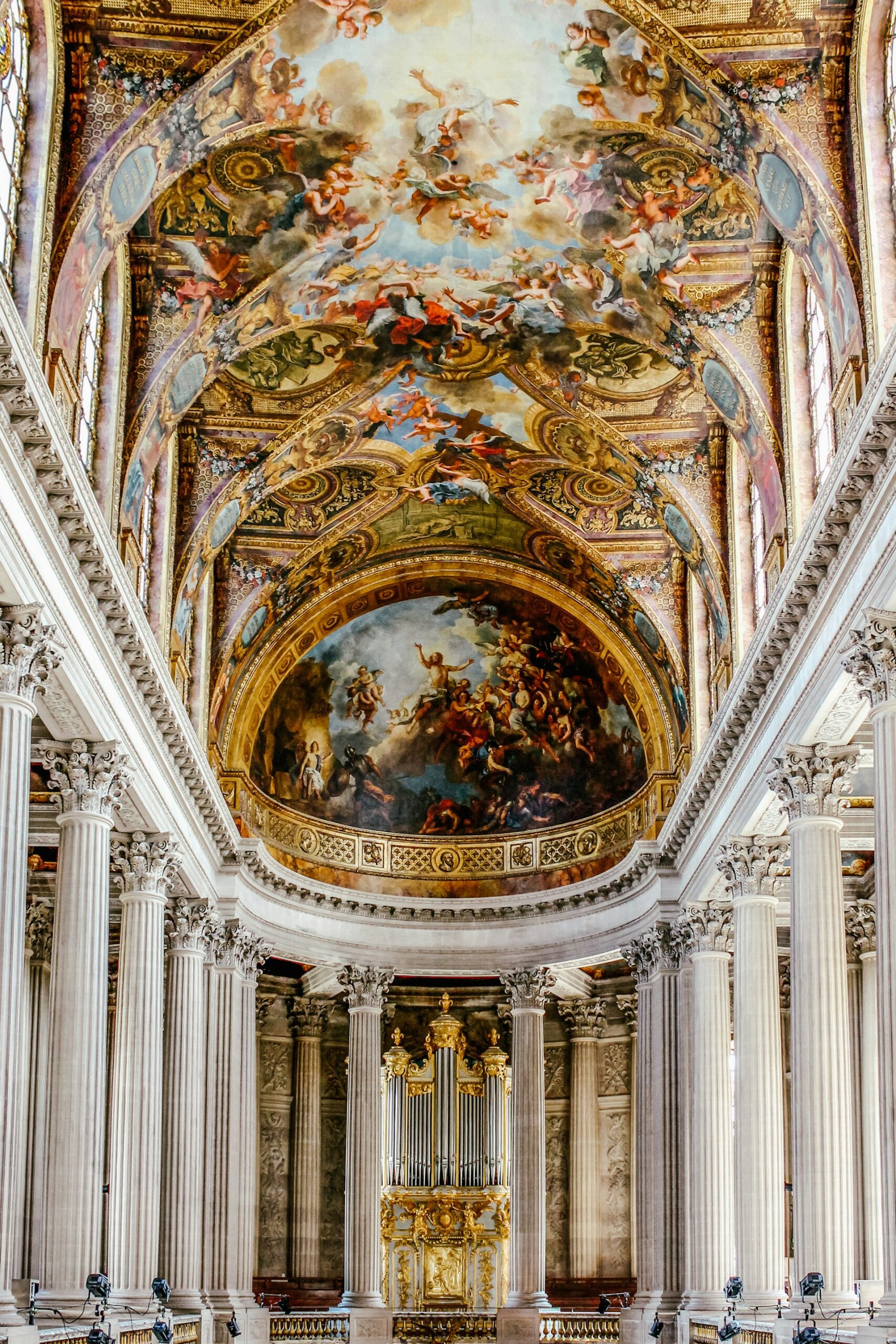Religion and Spirituality: Shaping Societies Through World History


Photo by Teah Rushing on Unsplash
Introduction: The Enduring Influence of Religion and Spirituality
Throughout world history, religion and spirituality have profoundly shaped human societies. From prehistoric rituals to the rise of global faith traditions, these forces have guided ethical systems, influenced art and governance, and fostered both unity and conflict. Understanding their role is essential for comprehending the development of civilizations and the ongoing search for meaning in contemporary life. This article explores the origins, evolution, practical significance, and modern engagement with religion and spirituality.
Origins and Early Developments of Religious Practices
Archaeological evidence suggests that spiritual practices date back to the Middle Paleolithic era, with early humans engaging in burial rituals and animistic beliefs [1] . By 4000 BCE, written records from Sumeria and Egypt indicate the formation of mythologies and organized worship [2] . These practices helped explain natural phenomena, established social cohesion, and provided frameworks for understanding life and death.
Animism, the belief in spiritual forces inherent in nature, dominated early societies. Over time, polytheistic systems emerged, as seen in ancient Egypt, Greece, and India, where multiple gods represented various aspects of the cosmos [3] . These early religions laid the groundwork for later monotheistic and philosophical traditions.
The Rise of Major World Religions
The first millennium BCE saw the emergence of influential belief systems such as Hinduism, Judaism, Buddhism, and later, Christianity and Islam [5] . Each tradition offered new perspectives on ethics, the nature of the divine, and humanity’s place in the universe:
- Hinduism developed complex concepts of dharma (duty), karma (action and consequence), and cycles of rebirth, shaping South Asian culture for millennia [4] .
- Buddhism emerged as a reform movement, emphasizing personal enlightenment and compassion, and spread widely across Asia.
- Judaism introduced the idea of a single, moral God and a covenantal relationship with humanity.
- Christianity built on Jewish foundations, stressing salvation through faith and love for others, eventually becoming the dominant faith in Europe and the Americas.
- Islam united diverse peoples under the banner of monotheism, law, and community, profoundly influencing the Middle East, North Africa, and beyond.
These religions not only provided spiritual guidance but also shaped legal codes, social structures, and artistic expression.

Photo by Polina Kuzovkova on Unsplash
Religion as a Force in Civilization Building and Conflict
Religious institutions have played crucial roles in the rise and fall of empires. For example, the spread of Christianity in the Roman Empire and the adoption of Buddhism in Asia facilitated cultural exchange and innovation [2] . Conversely, religious differences also contributed to conflicts such as the Crusades, the Protestant Reformation, and inter-sectarian disputes in the Islamic world [1] .
Despite periods of intolerance, many rulers and thinkers promoted interfaith dialogue and coexistence. The Mughal emperor Akbar, for instance, encouraged religious tolerance and intellectual exchange in 16th-century India. Today, interfaith organizations and academic institutions continue to foster understanding between traditions.
Spirituality Beyond Organized Religion
Not all spiritual experiences are tied to formal religious systems. Spirituality often refers to personal quests for meaning, connection, and transcendence, which may or may not align with established doctrines. Practices such as meditation, mindfulness, and nature-based rituals reflect this broader dimension.
Modern spiritual movements, including New Age philosophies, neo-paganism, and secular mindfulness, offer alternative paths for those seeking purpose outside traditional faiths. Many people blend elements from diverse traditions to create individualized spiritual practices [3] .
Modern Approaches to Engaging with Religion and Spirituality
In today’s globalized world, understanding and respecting religious diversity is more important than ever. Here are practical steps for engaging with different traditions and perspectives:
- Education: Consider enrolling in comparative religion courses at local colleges or online platforms. Many universities offer free or low-cost resources to explore world religions and their histories.
- Community Engagement: Attend open houses or public lectures hosted by local faith communities. These events typically welcome visitors and provide opportunities for dialogue.
- Research: Use established encyclopedias and museum resources for accurate information. For example, the Encyclopaedia Britannica’s section on religion offers well-researched overviews.
- Travel and Pilgrimage: If possible, visit sites of historical and spiritual significance. Many organizations provide guided tours focused on religious heritage and interfaith understanding.
- Mindfulness and Reflection: Explore meditation, journaling, or contemplative walks to connect with your own spiritual questions and values.
If you seek to connect with a particular religious or spiritual community, start by searching for the official name of the group or tradition in your area. Public libraries, community centers, and university religious studies departments can offer guidance and referrals. For further study, consider searching terms like “history of religion” or “world religions timeline” in academic databases or on the websites of reputable museums and universities.
Common Challenges and Alternative Approaches
Engaging with religion and spirituality can present challenges, including navigating differing beliefs, confronting historical injustices, and reconciling science with faith. Approaches to these challenges include:
- Dialogue: Participate in interfaith forums or discussion groups to share perspectives in a respectful environment.
- Critical Thinking: Evaluate sources for bias and accuracy, especially when researching controversial topics.
- Personalization: Adapt practices to fit your own values and circumstances, acknowledging that spiritual journeys are deeply individual.
Alternative approaches may involve secular humanism, scientific inquiry, or engagement with art and literature as sources of meaning. The important thing is to approach all traditions with curiosity and respect.
Key Takeaways and Steps for Further Exploration
Religion and spirituality have shaped human history at every stage, influencing art, law, politics, and daily life. Whether you are interested in historical research, personal growth, or community engagement, numerous pathways are available. Begin by clarifying your interests and researching reputable sources. Consider contacting educational institutions, libraries, or interfaith organizations for guidance. Remember, each tradition and practice offers unique insights into the human search for meaning.
References
- [1] Wikipedia (2024). Timeline of religion.
- [2] World History Encyclopedia (2025). Timeline: Religion.
- [3] Universal Life Church (2024). Religion History.
- [4] YouTube (2024). World Religions from an Academic Point of View.
- [5] YouTube (2015). Animated map shows how religion spread around the world.
- Encyclopaedia Britannica (2025). Religion: Definition, History, Types, and Facts.




